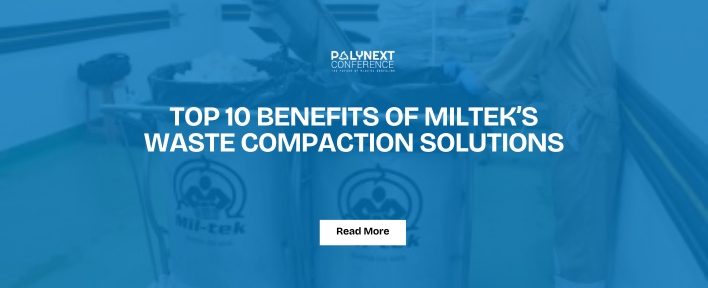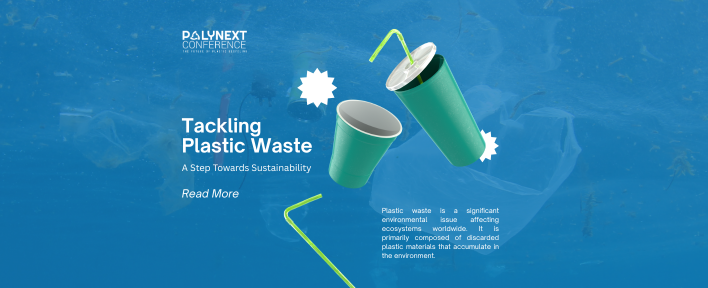Introduction
For many of us, the day doesn’t truly begin until that first cup of coffee. But as coffee machines and single-use pods become more popular in our homes, they’re also creating a big environmental problem. These tiny pods—made from plastic or aluminum—often end up in the trash, where they sit in landfills or get burned. The good news? Around the world, people are starting to change that.
From drop-off points popping up in UK cities to smart recycling programs in the UAE and compostable pod innovations in India, small steps are turning into big solutions. Together, governments, companies, and coffee lovers are finding smarter ways to enjoy coffee—without harming the planet. Here’s how these efforts are helping turn a daily habit into a positive force for the environment.
Making Recycling Easier: The UK Model
New recycling points for coffee pods are making it easier for residents to recycle both plastic and aluminum pods, which can significantly reduce the amount of plastic waste sent to landfills and incinerators in cities. With the expansion of drop-off locations— recently installed in Bristol and Gloucester—city residents now have convenient, local options to dispose of their used pods.
These initiatives, often run in partnership with national schemes like Podback, collect pods and send them to specialist recycling facilities where plastic is reprocessed into new products and coffee grounds are used for energy or compost. By increasing accessibility and awareness, these recycling points help divert large volumes of non-biodegradable plastic from the waste stream, support circular economy practices, and inspire other cities to upgrade their recycling infrastructure.
UAE and India: Local Solutions With Global Impact
The UAE, with its forward-thinking sustainability goals, has also embraced coffee pod recycling. Nespresso Middle East runs a capsule recycling program where customers can drop off used aluminum pods at select boutiques or hand them over during delivery. The aluminum is recycled, and coffee grounds are composted locally—supporting UAE’s green initiatives under the Dubai Clean Energy Strategy 2050.
In India, although coffee pod usage is still emerging, brands like Sleepy Owl and Blue Tokai are already adopting eco-friendly packaging. Some offer compostable pods and encourage customers to return used materials. These steps align with national efforts like the Swachh Bharat Mission, which promotes waste segregation and responsible disposal practices across urban areas.
Why Consumer Awareness Matters
Even the most advanced recycling infrastructure can fall short without active participation from consumers. In the case of coffee pods, proper disposal—like rinsing used pods and placing them in designated drop-off bins—is essential for recycling systems to work efficiently. Unfortunately, many pods still end up in general waste simply due to a lack of awareness.
In the UK, initiatives like Podback not only collect pods but also educate the public through social media, school outreach, and packaging inserts. Similarly, in the UAE, Dubai Municipality and private players like Nespresso run public engagement campaigns to boost recycling rates and reduce contamination in recycling streams.
In India, while pod use is still growing, awareness around waste segregation is gaining ground, especially in metro cities. Programs under the Swachh Bharat Mission and campaigns like “2 Bins 1 Bag” in Bengaluru encourage people to separate dry, wet, and recyclable waste—laying the foundation for more specialized recycling efforts in the future.
Empowering consumers with simple information—such as how to clean a pod, where to drop it off, or what happens to it after recycling—can drastically increase participation. After all, sustainable change doesn’t just start in factories or government halls; it starts in our kitchens.
Innovations Making Pods More Planet-Friendly
As more people switch to coffee pods for convenience, companies are working hard to make those pods less harmful to the planet. One of the biggest challenges has been the mixed materials—plastic, aluminum, and leftover coffee—all in one tiny container, which makes recycling difficult.
But that’s changing fast.
In the UK, brands like Halo are now making fully compostable pods from sugarcane and paper that can break down in garden compost. Others, like
Colonna Coffee uses aluminum-only pods, which are easier to recycle and work well with programs like Podback.
In India, brands such as Sleepy Owl and Beanly are joining the movement with compostable or recyclable pod designs. Some are even collaborating with local waste collectors to make sure used pods are processed the right way.
From Pod to Power: Closing the Loop
What happens to coffee pods after they’re collected? The journey doesn’t end at the recycling bin—it continues as part of a growing circular economy. In specialist facilities, aluminum from pods is melted down and repurposed into new products like packaging, bike frames, or even car parts. Meanwhile, the coffee grounds, rich in nitrogen, find a second life as compost or biogas feedstock.
Some innovative companies are taking this even further. In Europe, startups like Coffee Form transform used grounds into furniture, cups, and accessories, giving the waste a tangible new purpose. The UAE has also shown growing interest in waste-to-energy technologies—using organic waste, including coffee residues, to power local farms and industrial units.
By closing the loop on pod waste, we not only reduce landfill pressure but also unlock new business models that merge sustainability with innovation. Coffee lovers can now enjoy their brew with the added satisfaction that those used pods are part of something bigger—a regenerative cycle that benefits both the planet and the economy.
Conclusion
Coffee pods may be small, but their environmental impact isn’t. Fortunately, global efforts—from local recycling points in Bristol and Gloucester to corporate take-back programs in Dubai and eco-packaging startups in India—are giving these pods a new life. Through innovation, education, and collaboration, recycling is no longer an afterthought—it’s a movement. As consumers, our simple act of recycling a pod contributes to a larger shift toward a circular, sustainable economy. So the next time you brew a cup, remember: your pod can power more than just your day—it can help power a cleaner planet.
Spotlight on PolyNext 2025: Advancing Packaging Sustainability
PolyNext 2025, is poised to become a key platform for advancing eco-conscious packaging solutions—including those used in everyday items like coffee pods. With increasing pressure to phase out single-use plastics, PolyNext brings together material scientists, packaging innovators, and sustainability experts to explore compostable pods, biodegradable films, reusable containers, and smart packaging technologies.
As brands and consumers alike demand greener choices, the event will spotlight startups and global companies developing packaging that not only minimizes environmental harm but also improves product traceability and shelf life. By focusing on real-world solutions that support recycling, reuse, and recovery, PolyNext 2025 aligns perfectly with the circular economy ideals highlighted by modern recycling programs. Whether you’re in the food, beverage, or personal care industry, PolyNext is where the next generation of planet-friendly packaging takes center stage.


